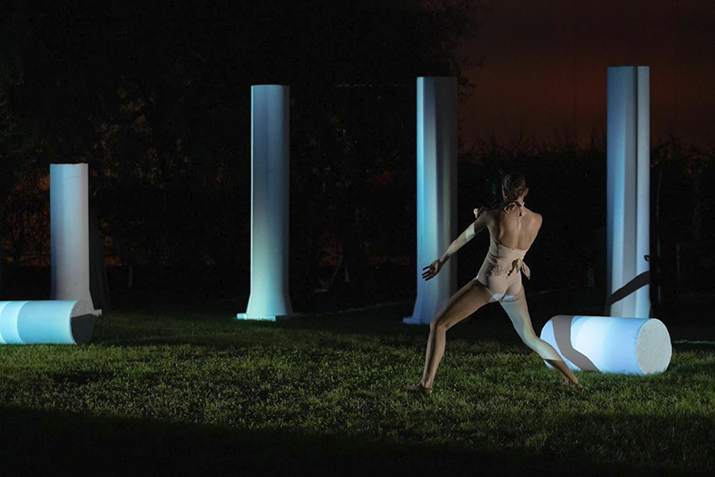HAPPENING AT THE UN
THE INTERNATIONAL DAY OF PEACE
The header of the United Nations website reads “Peace, dignity and equality on a healthy planet”. A clear message that associates armed conflicts with environmental policies and human rights. The full version means that fighting for everyone to have the same opportunities and guarantees means fighting against wars. This is why on the International Day of Peace celebrated every year on 21 September, it is worth remembering that the more democratic countries are, the less they fight with weapons. According to the democracy index calculated by the weekly “The Economist”, there are various degrees to which this form of government is developed in 167 countries. The index takes into account five general categories: electoral process and pluralism, civil liberties, the functioning of government, political participation, and democratic political culture. Accordingly, nations are divided into four categories: “full democracies”, where freedoms are not only respected, but also reinforced by an attitude that contributes to the prosperity of fundamental principles; ”flawed democracies”, where elections are free and basic civil liberties are respected, but there are problems such as the violation of freedom of information; “hybrid regimes” where significant irregularities in elections occur on a regular basis; and “authoritarian regimes” where political pluralism is absent or extremely limited.
According to data dating back to 2021, in sub-Saharan Africa out of 44 states analysed only one was found to be a full democracy. It is therefore not surprising that Africa is the continent that hosts the largest number of conflicts, where human rights are most often ignored, free information is absent and cultural activities are controlled, and so in practice rendered harmless. This is why it is right, as well as useful, to organise artistic events on the International Day of Peace, because the very fact that authoritarian regimes restrict culture certifies the social and political importance of art. And precisely for this reason, on 21 September, the Foundation will host the show Vellus, produced by the Clochart collective, which “offers us a sensory experience to retrace the steps of a humanity that keeps repeating the same mistakes over and over again”, as underlined by the organisers. A dance and theatre show will be staged and directed under the Bell by Michele Comite, with choreography by Hillary Anghileri, costumes by Elisa Calaon and videos by Simone Lorengo. Starring performers Federica Fantuzi, Arianna Bianchini and Giulia Baldassari, it will feature 4 ten-minute frames, each reflecting precisely on the need to change attitude in order to modify the status quo. Albert Einstein defined insanity as ”repeating the same action ad nauseam and expecting different results”. If things do not change, it therefore means that we are insane, or perhaps just lazy. Meanwhile, the world goes on, the same old way. For more information, ask the people who live in war zones.







